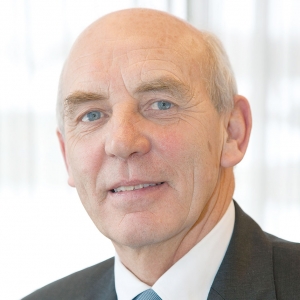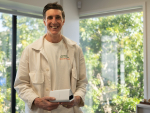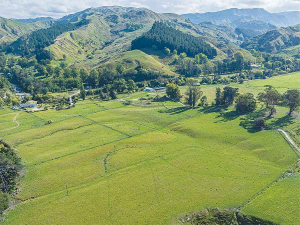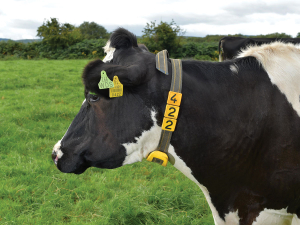The Netherlands is the second largest exporter of food in the world – exporting AS$70 billion each year from a landmass of 42 square kilometres and a population of 17 million people.
The vital ingredient for success is a close collaboration between the “golden triangle” - Government, private industry and universities and research institutes, according to Dr Aalt Dijkhuizen.
Dijkhuizen, who spoke at the Dairy Leaders lunch in Melbourne recently, is the President of the Dutch Topsector Agri & Food, a collaboration and innovation network between government, private industry and universities and research institutes.
More recently, he established the Holland Centre in Shanghai to support Dutch agri-food companies doing business in China.
“The Australian R&D community and academic institutions are world class but I am not sure
Australia currently has the necessary alignment of all major stakeholders involved outside of the ‘cooperative research centre’ model, which is limited by its domestic focus and short term nature,” he said.
“Successful partnerships need to be at a very senior level, selective and international and intended to last long term.”
Dijkhuizen said Australia did not give its agri-food sector the merit it deserved in terms of its place in the economy’s future development.
The Australian Government needs to invest or it could miss out on the opportunities in Asia.
“Increasing wealth in formerly poorer countries will mean a strong increase in the global demand for safely produced high-quality protein,” Dijkhuizen said.
“Based on overseas experience I believe Australia could accelerate food security and export outcomes with improved cooperation at the highest level among government, private industry and knowledge institutes, which would be best encouraged through more government support for R&D and collaboration.
“This partnership culture is not as evident in Australia as I have seen in other countries.
“While this culture is immensely beneficial, it doesn’t happen automatically and there is a strong role needed from government to stimulate policies and projects in which all three partners benefit.
“A new high-level innovation model could bring unprecedented opportunities and commercial benefits - even more so if the government supports R&D and additional international collaboration,” he said.
Dijkhuizen said the Topsector policy works because the top sectors get more attention and grow faster than other parts of the economy.
“That combination of government, private industry and science, we call it the golden triangle.
“You will see in many countries they don’t work together at all. You don’t have to agree but you share and discuss your ambitions and targets together.
“You need to build mutual trust, at the end of the day you have to trust each other. With the golden triangle, scientists have more funding than ever.”
Dijkhuizen said finance was a crucial part of the production chain and Rabobank has invested in Holland’s agri-food sector for decades. “Rabobank has been very committed to invest and it needs to be committed funding to make progress. Finance people need to understand the dynamics in your business, otherwise you get finance under wrong conditions.”











